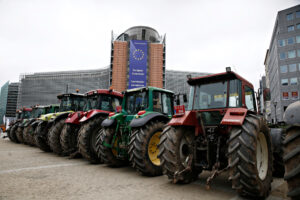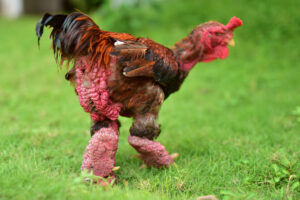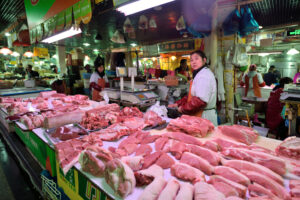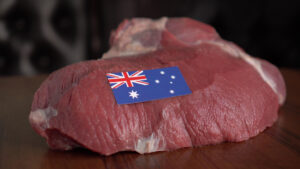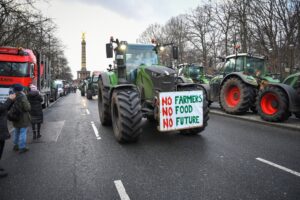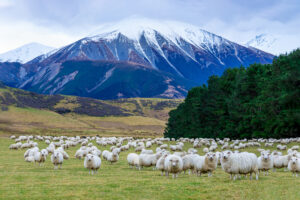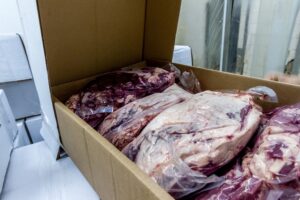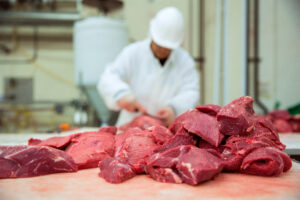Herefordshire meat supplier get go-ahead to expand
A high-profile Herefordshire meat supplier has been told it can expand its packing and distribution plant – despite objections from neighbours.
Neil Powell of Country Tastes, Longmeadow Industrial Estate, Ewyas Harold applied in March last year for planning permission for the 164-square-metre light industrial unit.
This would take up space currently occupied by eight parking spaces. But new parking will be added elsewhere at the site, increasing overall parking from 24 to 34 spaces, the firm’s application said.
The council’s senior landscape officer Nigel Koch objected to the lack of any landscaping to soften the proposal, despite its prominent location at the junction of the A465 and Pontrilas Road.
